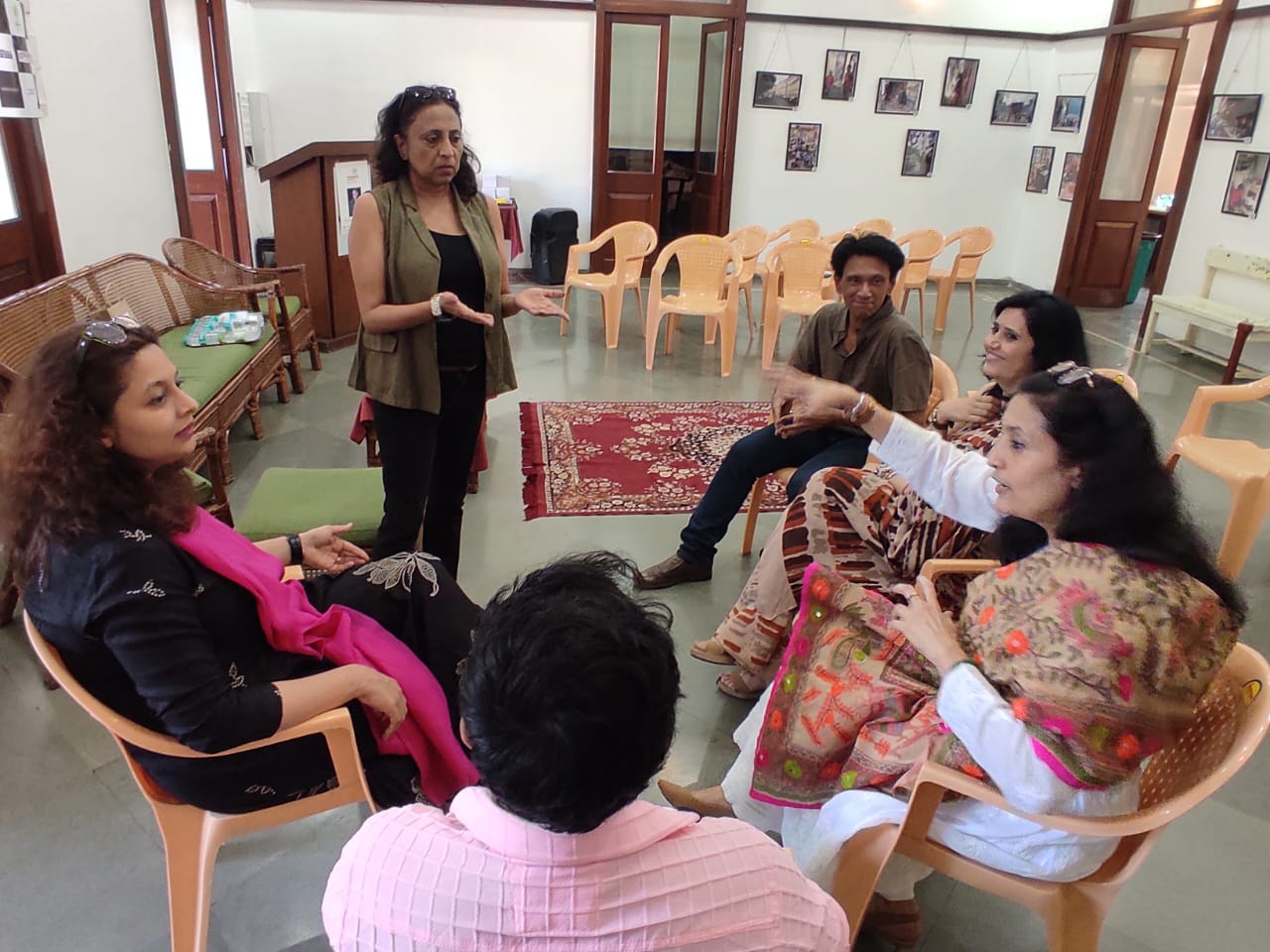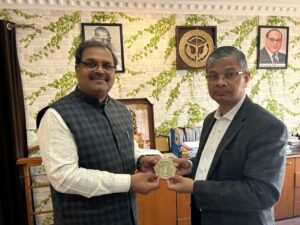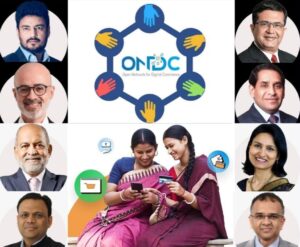The Evolving Concept of Intelligence Beyond IQ
For centuries, intelligence has been seen as the cornerstone of human potential, traditionally measured on a standard scale. At its core, intelligence was defined as the ability to adapt to people and environments while solving problems effectively. The journey to quantify intelligence began in 1905 when Alfred Binet developed the first IQ test in France, designed to assess school children.
Dr. Shreekant Chorghade, a renowned pediatrician and author, said, “Over time, we’ve learned that intelligence isn’t fixed at birth—it grows with age, shaped by the home, society, and the challenges we face. While IQ initially focused on comparing mental age to chronological age, today’s approach has evolved. The more inclusive Development Quotient (DQ) now offers a broader and holistic perspective on an individual’s growth and abilities, reflecting how far we’ve come in understanding the true nature of intelligence.”
Exploring the Full Spectrum of Human Abilities
In recent decades, researchers and psychologists have identified new ways to measure intelligence, recognising that IQ alone is not sufficient to determine success in life. Today, intelligence is understood in four key categories: IQ (Intelligence Quotient), EQ (Emotional Quotient), SQ (Social Quotient), and AQ (Adversity Quotient).
The distinction between Social Intelligence Quotient (SQ) and Emotional Quotient (EQ) is essential. EQ reflects a person’s ability to understand and manage emotions, fostering inner peace and harmony, while SQ focuses on building and maintaining meaningful, long-term relationships.

Bridging Emotions, Thoughts, and Behaviors for Positive Outcomes
Social Quotient reflects your ability to build and maintain relationships, while Social Intelligence (SI) provides the deeper understanding and skills needed to navigate and strengthen those relationships effectively. Social intelligence plays a crucial role, referring to an individual’s ability to understand and interpret both their own and others’ emotions, thoughts, and behaviors.
Jimmy Mody noted Psychologist and author said that SI is deeply dependent on social instinct, as the latter provides the foundational drive for human interaction and cooperation. Social instinct, an innate, unconscious drive to connect with others, forms the basis of our natural social behavior. This instinct encourages individuals to form bonds, communicate, and act in ways that promote group cohesion and survival. However, social intelligence takes this instinct a step further by applying conscious thought, awareness, and adaptability to social interactions. It builds upon the instinctive behaviors we are born with and enables us to refine and enhance those behaviors in more complex and meaningful ways.
“Social intelligence is developed through experience and interactions with others, specially at home, growing with the successes and failures encountered in social settings. Social intelligence involves several key components: the ability to empathise with others, understand non-verbal cues, and interpret interpersonal dynamics. A socially intelligent person is not only aware of others’ feelings but also responds appropriately to create positive outcomes in social interactions,” added Dr Chorghade.
The Key to Effective Leadership and Meaningful Connections
“The inherent nature of human beings is to be social, meaning we rely on each other and our mutual cooperation. By understanding ourselves and others, we can discover ways to collaborate for mutual benefit. Many strong leaders possess a high level of Social Intelligence (SI), which enables them to motivate, build relationships, and inspire others to take action. SI encompasses both Emotional Intelligence (EQ) and self-awareness, forming the foundation for effective leadership and connection,” said Farzana Contractor, Mental Health Therapist & Counsellor.
“Developing social intelligence involves practices such as creating rapport, thinking before speaking, being confident yet non-judgmental, and understanding social norms. This intelligence is primarily learned through social experiences, where individuals refine their skills in interacting with others, be it in personal relationships, workplaces, or community settings,” she further added.
“Individuals with high IQ, EQ, and SQ are better equipped to navigate life’s challenges, leveraging their intellect, emotional resilience, and social connectivity. In contrast, those with high IQ but low EQ and SQ often struggle to achieve sustained success, as technical intelligence alone is insufficient for managing relationships and understanding human dynamics,” stated Dr Chorghade.
While stressing that Social Intelligence is learned, often beginning with positive social interactions at home, school, or the workplace, Dr Chorghade said that these environments provide opportunities to model and practice effective communication and relationship-building skills, enabling individuals to enhance their SQ.
Dr. Thelma Hunt, a psychologist, developed the George Washington Social Intelligence Test in 1928. This test assessed social intelligence through various skills, including observing human behavior, evaluating social environments, decision-making, remembering names and faces, and demonstrating a sense of humor.
Fostering Positive and Collaborative Interactions
Farzana while mentioning the ability to communicate clearly and confidently is a key aspect of SI said, “Good communication skills are essential for effective interactions and include verbal fluency and body language—both important tools of social intelligence.” She explained that these skills help others understand your intentions and create stronger connections. SI enhances communication by helping you recognize the emotions, body language, and needs of others. It enables you to adjust your tone, words, and actions to fit the situation, making conversations smoother, more meaningful, and impactful.
“By developing skills in empathy, awareness, and adaptability, you can navigate social interactions more effectively, build stronger relationships, and foster a positive, collaborative environment. Social intelligence enables genuine connections by helping you approach others with understanding and respect. Ultimately, socially intelligent individuals make people feel valued and comfortable, establishing trust and lasting relationships,” Farzana added.
Mody, while stating that SI individuals excel not only in one-on-one interactions but also in group settings, said, they can read the room, understand the collective mood, and influence group behavior in a positive direction. This skill is particularly valuable in team environments, where collaboration, coordination, and synergy are key to success. Social intelligence enables individuals to mediate conflicts, motivate teams, and create an atmosphere where everyone feels heard and valued. By understanding group dynamics and managing interactions effectively, socially intelligent people can lead teams more successfully, drive group cohesion, and achieve common goals more efficiently.
By nurturing emotional and social intelligence alongside IQ, one can achieve a balanced, successful, and fulfilling life, unlocking the potential to inspire, connect, and thrive in diverse settings.
Share this content:














Post Comment
You must be logged in to post a comment.